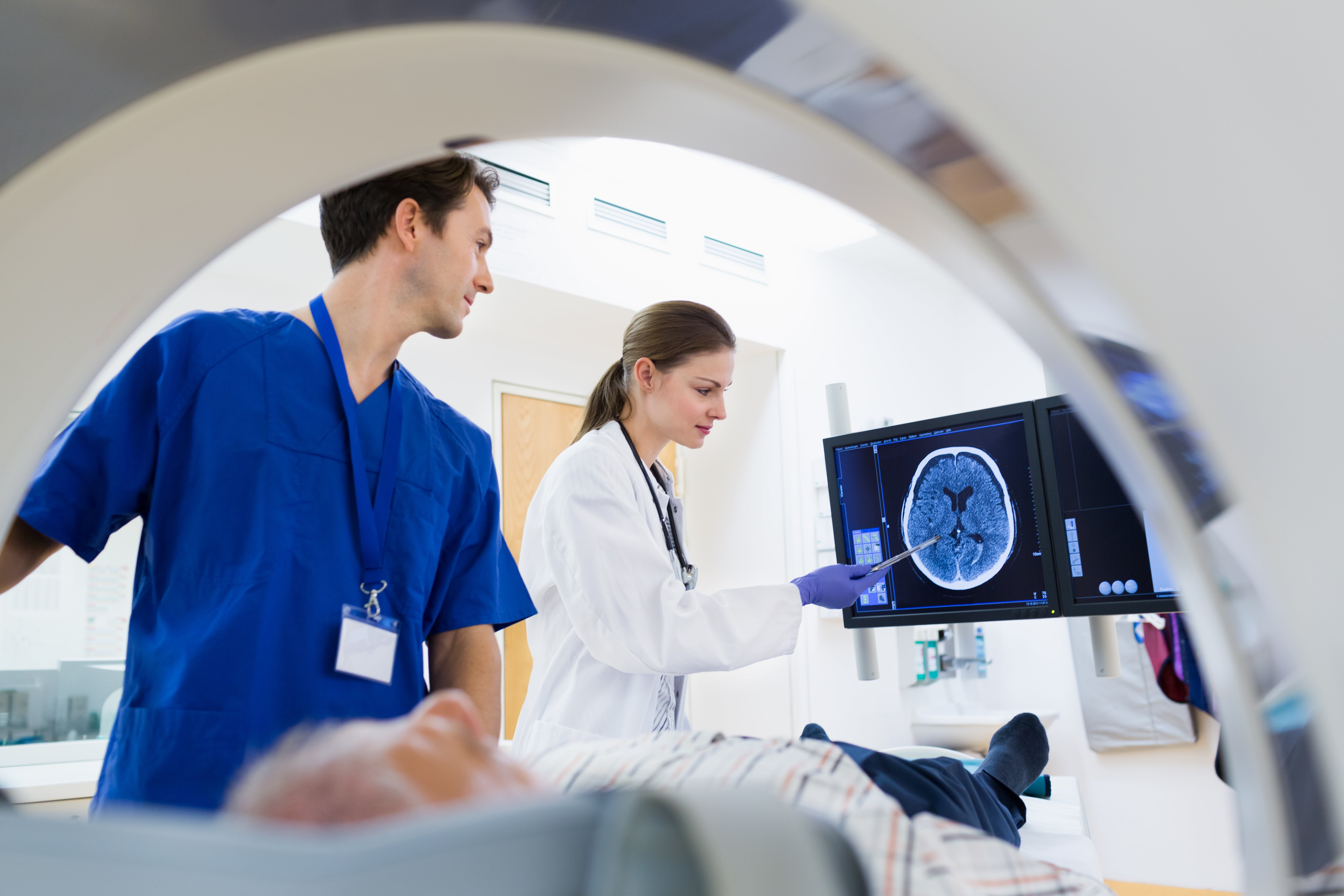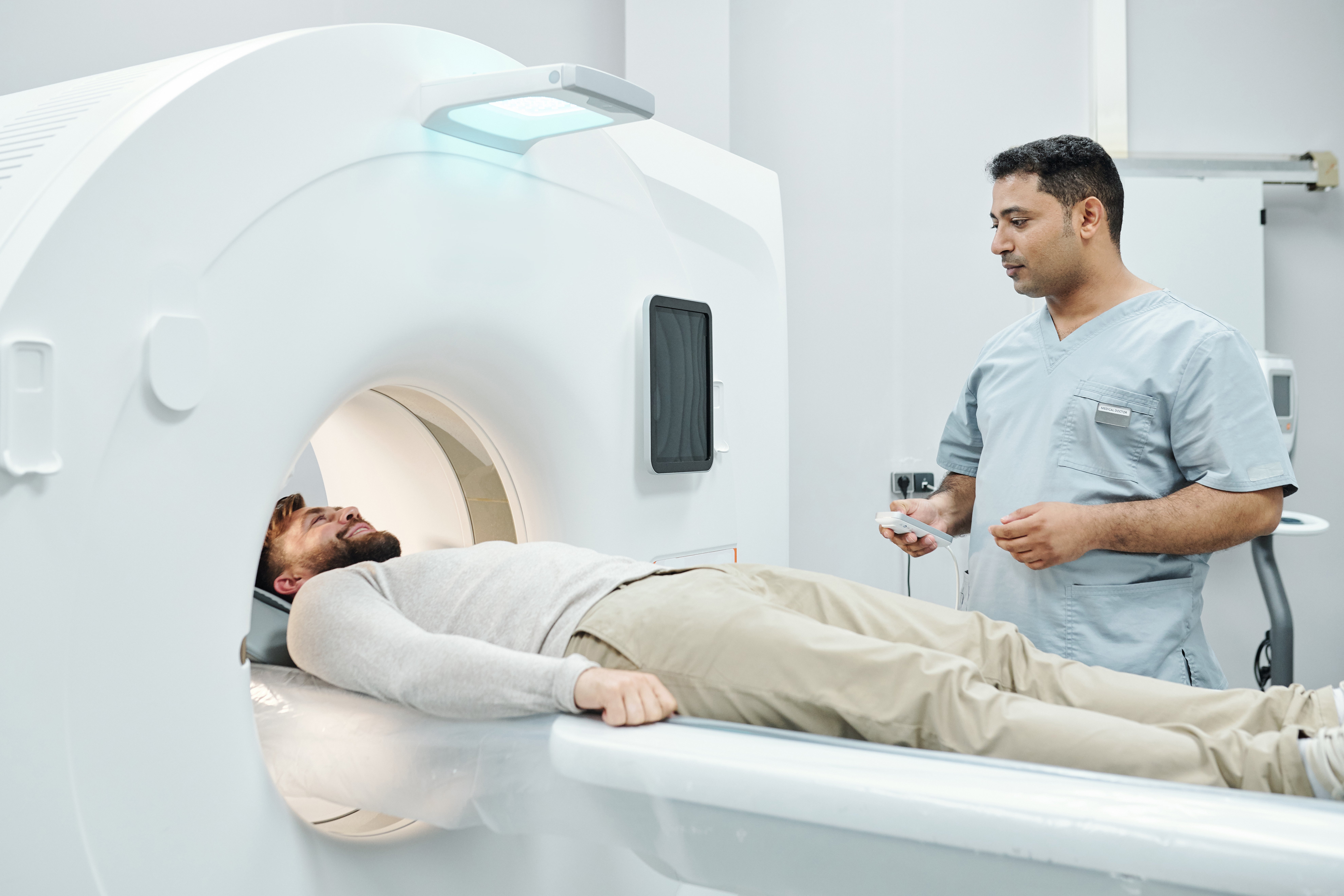Hospital is asking men if they’re pregnant before taking scans ‘as it’s the least intrusive way to be safe’
A hospital trust in Liverpool said it asks ‘all patients under the age of 60, regardless of how you may identify your gender’

Your support helps us to tell the story
From reproductive rights to climate change to Big Tech, The Independent is on the ground when the story is developing. Whether it's investigating the financials of Elon Musk's pro-Trump PAC or producing our latest documentary, 'The A Word', which shines a light on the American women fighting for reproductive rights, we know how important it is to parse out the facts from the messaging.
At such a critical moment in US history, we need reporters on the ground. Your donation allows us to keep sending journalists to speak to both sides of the story.
The Independent is trusted by Americans across the entire political spectrum. And unlike many other quality news outlets, we choose not to lock Americans out of our reporting and analysis with paywalls. We believe quality journalism should be available to everyone, paid for by those who can afford it.
Your support makes all the difference.Men are being asked if they are pregnant before undergoing scans at a hospital in England.
In Liverpool, the Walton Centre NHS Trust now asks “all patients under the age of 60, regardless of how you may identify your gender” whether they could be having a baby.
It comes after changes to laws governing medical procedures involving radiation, which removed the term “female” and replaced it with “individuals” .
A spokesperson for the trust said, given the risks of radiation with some scans, questioning all patients was the ‘least intrusive way of ensuring it is safe to proceed’.
Asked about the hospital’s position, and whether men can have penises, Labour leader Angela Rayner told Sky News: “This upsets me because I think about a young person struggling with their identity and if we’re having a social media debate around what genitalia someone’s got, it really debases the serious issues that people face, we should be taking it off social media.”
Regulations were updated by the Department of Health in 2017, changing those who should be questioned from “females of childbearing age” to “individuals of childbearing potential.”

It states that medical professionals should “enquire whether that individual is pregnant or breastfeeding, if relevant.”
The change was made due to the dangers that radiotherapy, diagnostic imaging and nuclear medicine pose to an unborn child.
Medics must be able to establish whether a patient is pregnant before carrying out the procedures to minimise the risk.
The Society of Radiographers, which published inclusive pregnancy guidance in November last year, said it is important to ask all patients for any possibility of pregnancy.
They have advised medics to ask what sex patients were assigned at birth and then question them on their pregnancy status if they were born female.
They say that the aim is “to move away from the long-standing practice of only enquiring about pregnancy with those that present as female”.
But critics have claimed the changes are unnecessary.
Kat Barber, of campaign group Sex Not Gender Nurses and Midwives, said: “This is an example of why we need both sex and gender clearly recorded for patients.
“We do not need to ask all patients if they are pregnant. We need to ask females, hence why it is important to know if the person we are providing care for is female whilst also respecting their gender identity,” she told the Daily Telegraph.
Patients and their families have also complained of “unnecessary confusion and agitation” for vulnerable patients.
It is understood that the policy is down to individual trusts to decide and is not part of NHS England’s national policy.
A spokesperson from The Walton Centre NHS Foundation Trust said: “Our policy relating to asking patients if they are pregnant before undergoing procedures involving ionising radiation and MRI adheres to national legislation, as certain amounts of radiation can be harmful to foetuses in utero.
“We believe asking all people who are having their abdomen imaged/scanned in this way, regardless of gender, is the least intrusive way of ensuring it is safe to proceed.”
Join our commenting forum
Join thought-provoking conversations, follow other Independent readers and see their replies
Comments